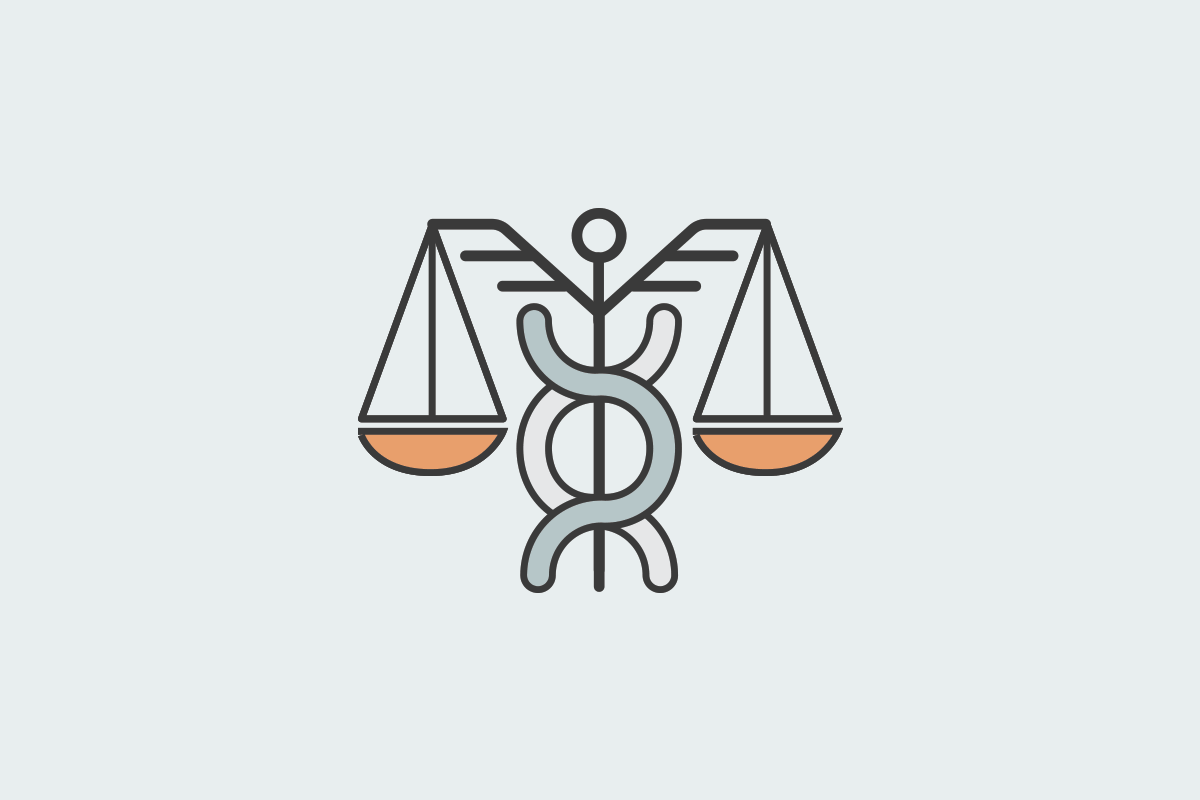Building a sense of belonging in the workplace is crucial for employee well-being and performance. Discover five strategic steps, applicable even for remote workers, that not only reduce turnover and sick days but also foster a strong culture of support. From addressing cultural differences to prioritizing mental well-being, these steps provide a roadmap for employers to create a workplace where every employee feels valued and connected.
Your Welcoa membership has expired.
Whither the EEOC’s Proposed Rules on Wellness Incentives?
The following article does NOT constitute legal advice and should not be used as such. It is for educational purposes only. Readers should retain legal counsel to obtain definitive answers.
By now I thought I would have been able to share the news from the EEOC about their much-anticipated proposed rule changes to the Americans with Disabilities Act (ADA) and the Genetic Information and Nondiscrimination Act (GINA). But, alas, the EEOC punted once again on releasing the proposed rules to this month, January 2020. In their regulatory agenda for Fall 2019, the EEOC changed the release date of the proposed rules from December 2019 to January 2020. There is no explanation for the delay, but one hopes that this is the last delay and that this time, the EEOC follows through on releasing the rules this month.
As I have noted before, EEOC’s attorney told me over the summer that now that all the EEOC commissioners have been appointed, there is no reason for further delaying the creation and release of the new wellness incentive rules under the ADA and GINA. The EEOC must revise the ADA and GINA wellness incentive rules because of the court’s ruling in AARP v. EEOC. The court agreed with the AARP that using an incentive equivalent to 30% of the total cost of self-only health insurance coverage offered by one’s employer was “arbitrary” and incompatible with the ADA and GINA’s “voluntary” requirement.
It is worth remembering that the ADA and GINA prohibit the collection of employee (or family member) health information unless those information collection efforts are part of a “voluntary” wellness program. There is no definition for the word “voluntary” in the ADA and GINA. Thus, it is a subjective term that will vary from employee to employee and circumstance to circumstance. The word “voluntary” is a statutory provision, which means the EEOC cannot override Congress’s intent behind the use of that word. Whatever the EEOC’s rules look like, those rules must still comply with the ADA and GINA “voluntary” requirement. As a result, if the EEOC’s proposed rules do not seem to meet the “voluntary” requirement from the perspective of someone or some organization, such as the AARP, that person or group could once again challenge the EEOC’s rules.
After the EEOC issues its proposed rules, the public will get a chance to comment on the rules. This is when one is likely to see objections and arguments as to whether the new rules meet the ADA and GINA “voluntary” requirement. Based on these comments, the EEOC may change the proposed rules. So, the final rules, which we are not likely to see until later 2020 or maybe even 2021, may look different than the proposed rules. I doubt the EEOC wants to get sued again over the wellness incentive rules, so my bet is that they will be paying close attention to the objections to the rules and trying to appease as many stakeholders as possible.

Barbara J. Zabawa
President of the Center for Health and Wellness Law, LLC
wellnesslaw.com
Health Promotion Program Legal Updates*
Every 3rd Wednesday from 10:00–11:00 AM CT
*This is an exclusive WELCOA Member Resource.




